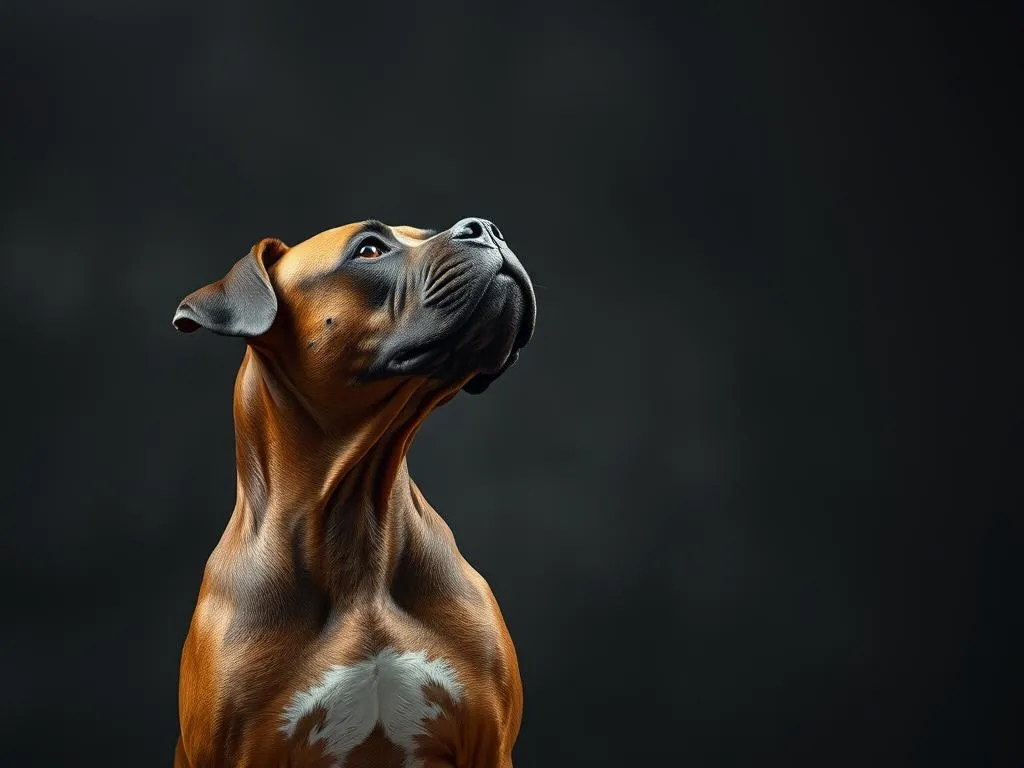
Understanding dog breeds is essential for anyone looking to bring a canine companion into their life. Each breed carries a unique history, purpose, and set of traits that define its character and suitability for different lifestyles. Among these breeds, the Boxer stands out not only for its playful and energetic demeanor but also for its rich background in dog breeding. This article delves into what Boxers were bred for, exploring their origins, characteristics, and the evolution of their roles from working dogs to beloved family companions.
Understanding Dog Breeds
Definition of Dog Breeds
A dog breed is a specific group of domestic dogs bred for particular traits, characteristics, or functions. Dog breeds can be classified into purebreds, which are dogs with a documented pedigree and breed standards, mixed breeds that result from the crossbreeding of two or more breeds, and designer breeds, which are intentionally bred hybrids. Each category serves to fulfill various needs and preferences in the dog-owning community.
Importance of Dog Breeds
Understanding dog breeds is crucial for selecting a dog that fits one’s lifestyle and needs. Different breeds excel in various roles, whether for companionship, work, or sport. The historical significance of these breeds also reflects their evolution over time, shaped by human needs and environmental factors. Knowing a breed’s background can enhance the relationship between the owner and the pet, ensuring a harmonious living situation.
The Boxer: An Overview
History of the Boxer Breed
The Boxer breed has a fascinating ancestry that dates back to the late 19th century in Germany. Boxers are thought to have descended from the now-extinct Bullenbeisser, a powerful hunting dog used for catching large game such as boar and deer. This breed was crossed with the English Bulldog, resulting in the Boxer we recognize today. Key milestones include the breed’s recognition by the American Kennel Club (AKC) in 1904 and its rapid rise to popularity as a family pet and working dog.
Physical Characteristics
Boxers are medium to large dogs, typically weighing between 50 to 80 pounds and standing about 21 to 25 inches tall at the shoulder. They possess a muscular build, with a square-shaped body and a short, smooth coat that usually comes in fawn or brindle colors. Their distinctive features include a broad head, strong jaw, and expressive eyes that convey intelligence and playfulness.
Temperament and Behavior
Boxers are known for their energetic, playful, and affectionate nature. They are highly social dogs that thrive on human interaction and make excellent companions for families and active individuals. Boxers are often described as clownish due to their playful antics, and they are protective and loyal to their families, making them reliable watchdogs.
What Were Boxers Bred For?
Purpose of the Boxer Breed
Originally, Boxers were bred for a variety of purposes that revolved around their physical capabilities and temperament. In the early days, they served as hunting dogs, assisting hunters in capturing game. Their strong jaws and agility made them proficient in tackling large animals. Additionally, Boxers were utilized as guard dogs, thanks to their protective instincts and loyalty to their families.
Working and Utility Roles
As versatile working dogs, Boxers have taken on numerous roles throughout history. They have served in police and military capacities, where their intelligence, strength, and courage have proven invaluable. Boxers are often employed in search and rescue operations, therapy, and service roles due to their trainability and strong bond with humans. Their effectiveness in these tasks is a testament to their original breeding purpose, which emphasized utility and resilience.
Transition to Companion Dogs
In modern society, the shift from utility to companionship has been significant for Boxers. While they still retain their working dog instincts, their affectionate and playful nature has made them increasingly popular as family pets. Today, Boxers are cherished for their loyalty, energy, and ability to connect with people, making them a favored choice for households with children and active lifestyles.
Key Traits and Skills of Boxers
Physical Abilities
Boxers are renowned for their agility, strength, and endurance. These physical traits are a direct result of their breeding for hunting and protection. Their muscular build allows them to perform well in various activities, including agility training, obedience, and even dog sports. This athleticism is not only impressive but also requires an outlet; Boxers thrive when they have ample space to run and play.
Intelligence and Trainability
Boxers are intelligent dogs that are eager to learn, making them relatively easy to train. They respond well to positive reinforcement techniques, such as treats and praise. Consistency and patience are key when training a Boxer, as they can sometimes exhibit a stubborn streak. Engaging activities, such as obedience classes and interactive toys, can significantly enhance their cognitive skills and strengthen the bond between the dog and its owner.
Social Behavior
Socialization is crucial for Boxers, as their playful and energetic nature makes them prone to exuberance during interactions. Early socialization helps Boxers learn how to interact appropriately with other dogs and humans. They are typically friendly and enjoy being part of family activities, which further emphasizes their suitability as companion animals. Playtime is essential for Boxers to release their energy and maintain a healthy lifestyle.
Health Considerations for Boxers
Common Health Issues
Like all breeds, Boxers are prone to certain health conditions. Some common health issues include hip dysplasia, heart problems, and certain types of cancer. Regular veterinary check-ups, a balanced diet, and appropriate exercise can help mitigate many of these risks. It’s essential for prospective owners to be aware of these potential health concerns and to choose a reputable breeder who conducts health testing on their breeding stock.
Lifespan and Care Needs
The average lifespan of a Boxer is around 10 to 12 years, although this can vary based on genetics, health, and care. Providing a nutritious diet, regular exercise, and routine veterinary care are critical components in maintaining a Boxer’s health. Additionally, maintaining their mental stimulation through training and play is vital for their overall well-being.
Conclusion
The history of the Boxer breed is rich and multifaceted, providing insight into what Boxers were bred for and how their traits have evolved over time. From their origins as working dogs to their current status as beloved family companions, Boxers embody the qualities that make them unique. Understanding these traits is essential for prospective owners, ensuring that they can provide the right environment and care for these energetic and affectionate dogs. The Boxer continues to be a cherished breed, admired for its loyalty, intelligence, and playful spirit.
FAQs about Boxers
Are Boxers good family dogs?
Yes, Boxers are known for their affectionate and playful nature, making them excellent family dogs. They are protective, loyal, and enjoy being around children, which contributes to their popularity as family pets.
How much exercise do Boxers need?
Boxers are energetic dogs that require regular exercise to stay healthy and happy. Daily walks, playtime, and other physical activities are essential to meet their exercise needs, typically amounting to at least 1 hour of activity each day.
What is the average lifespan of a Boxer?
The average lifespan of a Boxer is around 10 to 12 years. Factors such as genetics, health care, and lifestyle can influence their longevity.
Do Boxers have any specific dietary needs?
Boxers do not have specific dietary needs beyond what is typical for medium to large breeds. A balanced diet that meets their energy requirements and is appropriate for their age and activity level is essential. It’s advisable to consult with a veterinarian to determine the best dietary plan for your Boxer.
Understanding the Boxer breed is not only about acknowledging their historical purpose but also about appreciating their place in modern households as loyal companions. Their unique combination of strength, intelligence, and affectionate nature makes them a breed worth considering for anyone looking for a new furry friend.









